
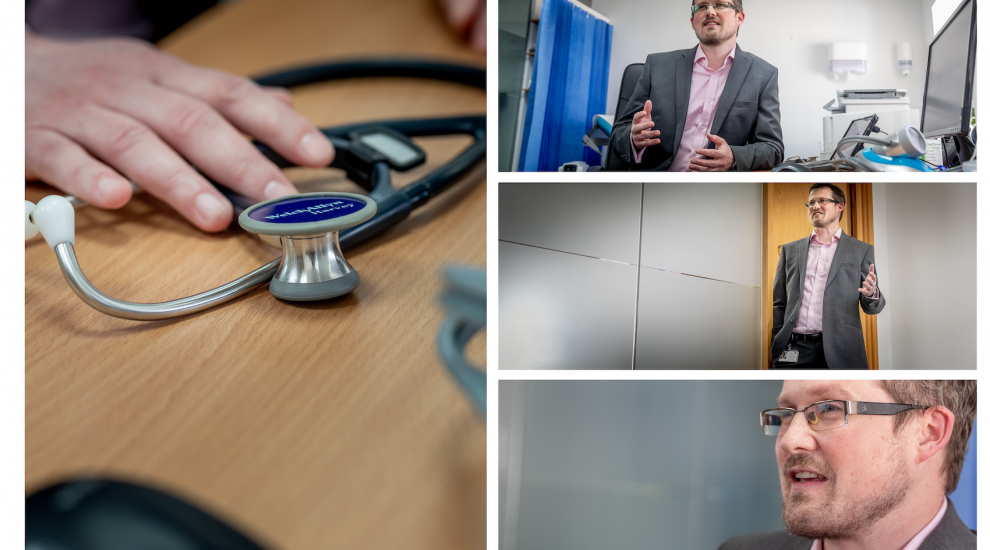

If we are looking for positives to draw out of our experiences with covid in the last year, one of them is perhaps the focus which has now been placed on health in the workplace.
The extent to which employers should take responsibility for that is often debated, with legal, ethical, moral and commercial perspectives – and covid has changed the debate yet again, by making us consider the home as a workplace too, and reminding us of the dangers of ‘presenteeism’ (coming into work when, strictly, we are not well enough to).
We spend so much of our time at work, and are quite obviously more productive when healthy – but small businesses in particular will only have the resources, and managerial time, to go so far in looking after us.
With many islanders now taking further steps back into the office, Express spoke to Dr Chris Edmond, founder and Medical Director of occupational health provider, Work Health Jersey, and asked how covid was going to continue to affect the way employees are looked after at work...
Dr Edmond: I am hopeful that with our excellent vaccination programme making such rapid progress that in Jersey we will soon be able to move to living without significant restrictions. I think what covid will have done in the longer term, however, is to highlight the flexible approach employers will need to take to manage the health, safety, and wellbeing of their employees.
This applies equally whether we are talking about managing workplace stress, returning to work after cancer treatment, or in some cases managing the long-term effects following covid infection. The key, as with most workplace issues, will be business leaders spending time listening actively to their employees.
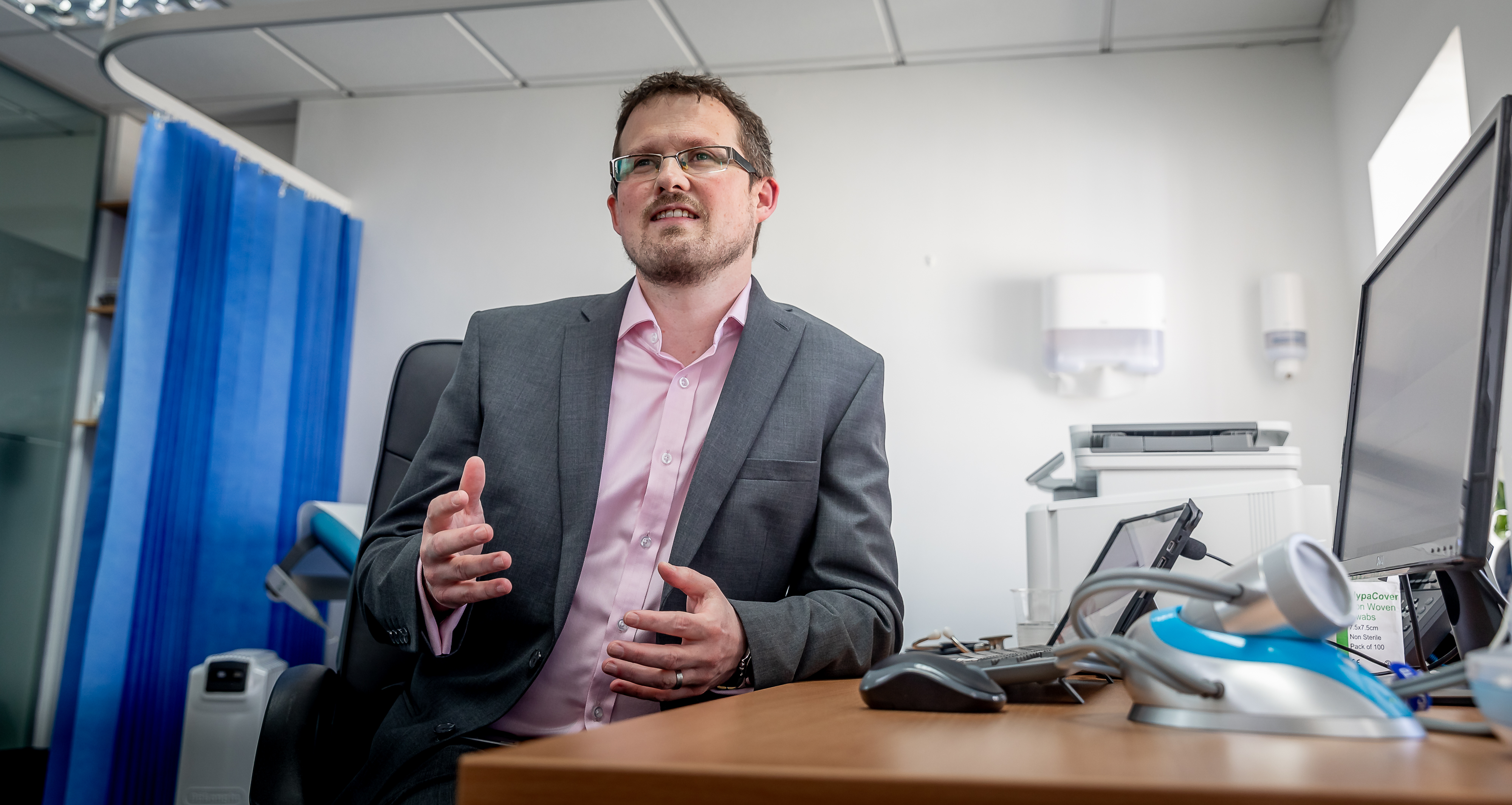
Pictured: "The key... will be business leaders spending time listening actively to their employees."
As we move into the next stage of reconnection and a return to a more ‘normal’ way of life, it will be essential that employers allow time for genuine dialogue so that their employees are able to express any concerns that they might have. Many people will have spent the best part of a whole year working from home.
For many, a return to the workplace will be a welcome relief and provide the social support and structure they have been missing. However, for some the return to the workplace will be causing anxiety and employers will need to be acutely aware when this is the case – they may need to provide adjustments to work pattern or location if necessary.
Some employees will be keen to continue working from home, whilst many more are seeking a more flexible balance with some days in the office and some days spent elsewhere.
We will also see people who have serious underlying health issues, as well as those who for medical reasons have been unable to take the vaccine, returning to the workplace and employers will need to be undertaking individual risk-assessments in these situations to decide the best way forward.
What covid has certainly done is highlight the importance of both employee wellbeing and workplace health and safety. Most people spend around one third of their waking hours at work and the workplace should be a place that encourages and supports healthy behaviours, and a safe place to spend our time.
Dr Edmond: As far as the Health and Safety at Work law is concerned, if an employee is working from home, then that becomes their workplace. Under the law, the employer is responsible for provision of a safe workplace with adequate facilities, so far as is reasonably practicable.
The key, as with all areas of Health and Safety, is for employers to undertake an adequate risk assessment and to make provision as far as is ‘reasonably practicable’. The challenge is that as well as being a workplace, in this case it is also someone’s home, and they will have a right to privacy that needs to be respected.
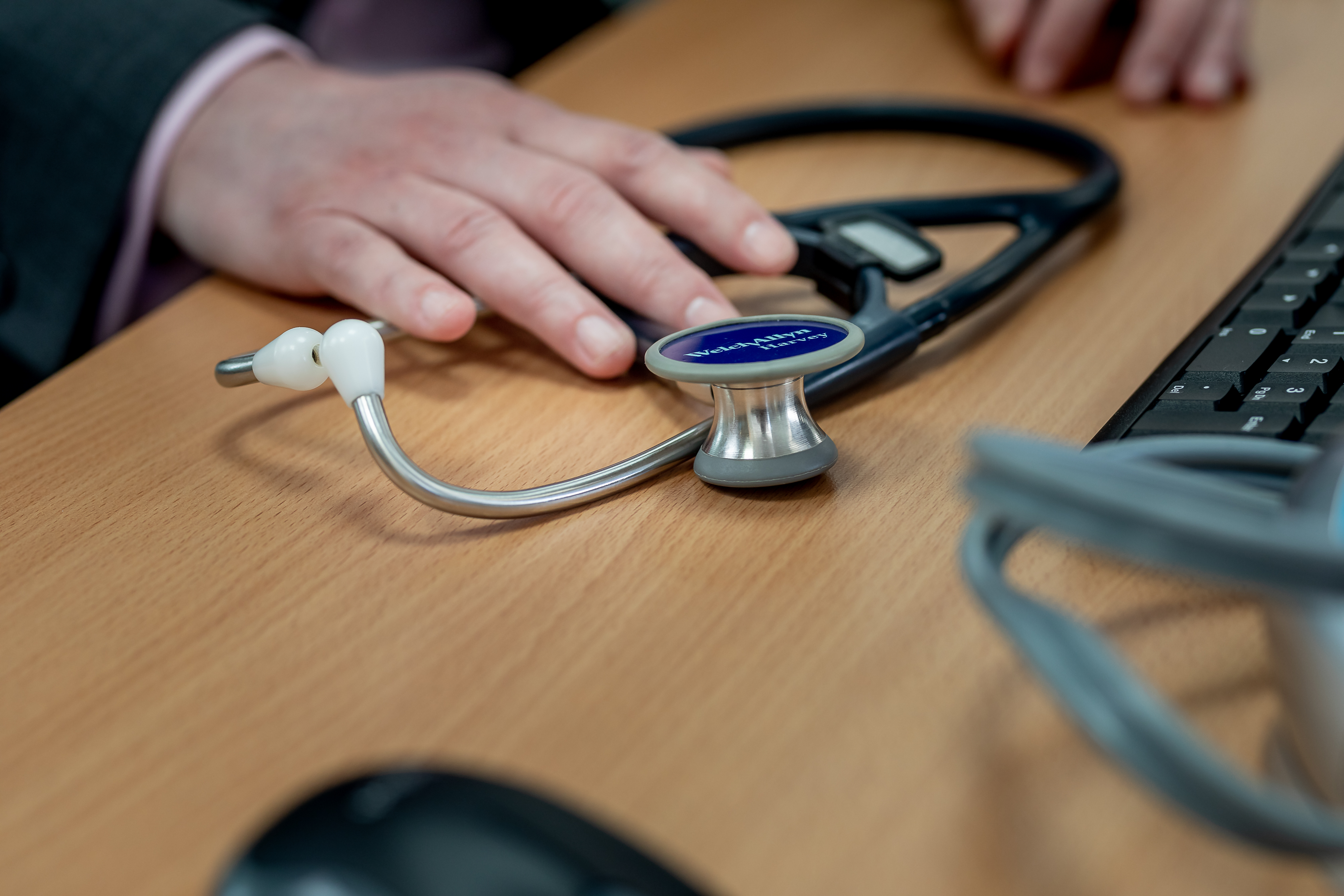
Pictured: "...The workplace should be a place that encourages and supports healthy behaviours."
For that reason, most businesses that have employees working from home are using self-assessment tools, that the employee completes themselves.
Nearly all home-workers are performing desk-based tasks, so this typically takes the form of a Display Screen Equipment assessment – ensuring that the employee has a suitable desk space, office chair, and can work with reasonable ergonomics so their screen and keyboard are at the correct height and position to avoid neck, back and arm pain developing.
If the risk assessment identifies any issues, then the employer should be having a discussion with the employee about providing the necessary equipment – this might include a new chair, a laptop riser stand or a monitor and keyboard if required.
Employees should also be encouraged to take regular breaks, as they would in their normal workplace. Even with this approach there will be many in Jersey who do not have a suitable area at home for working, and the employer should be making sure they document the risk assessment - the employee may not have a choice but to return to the office.
It is really important that businesses are updating their home-working and flexible-working policies now to take into account the new ways of working we will be seeing. Again, as with most things in occupational health, communication is key – that way both businesses and employees will be able to maximise the benefits going forward!
Employers have long had a responsibility for employee health – one of the first lines of the Health and Safety at Work law is: ‘It shall be the duty of every employer to ensure, so far as is reasonably practicable, the health, safety and welfare at work of all the employer’s employees.’
I think what has been happening in recent years, however, is that the importance of workplace health has gone far beyond legal obligation and it is actually a key driver of business productivity.
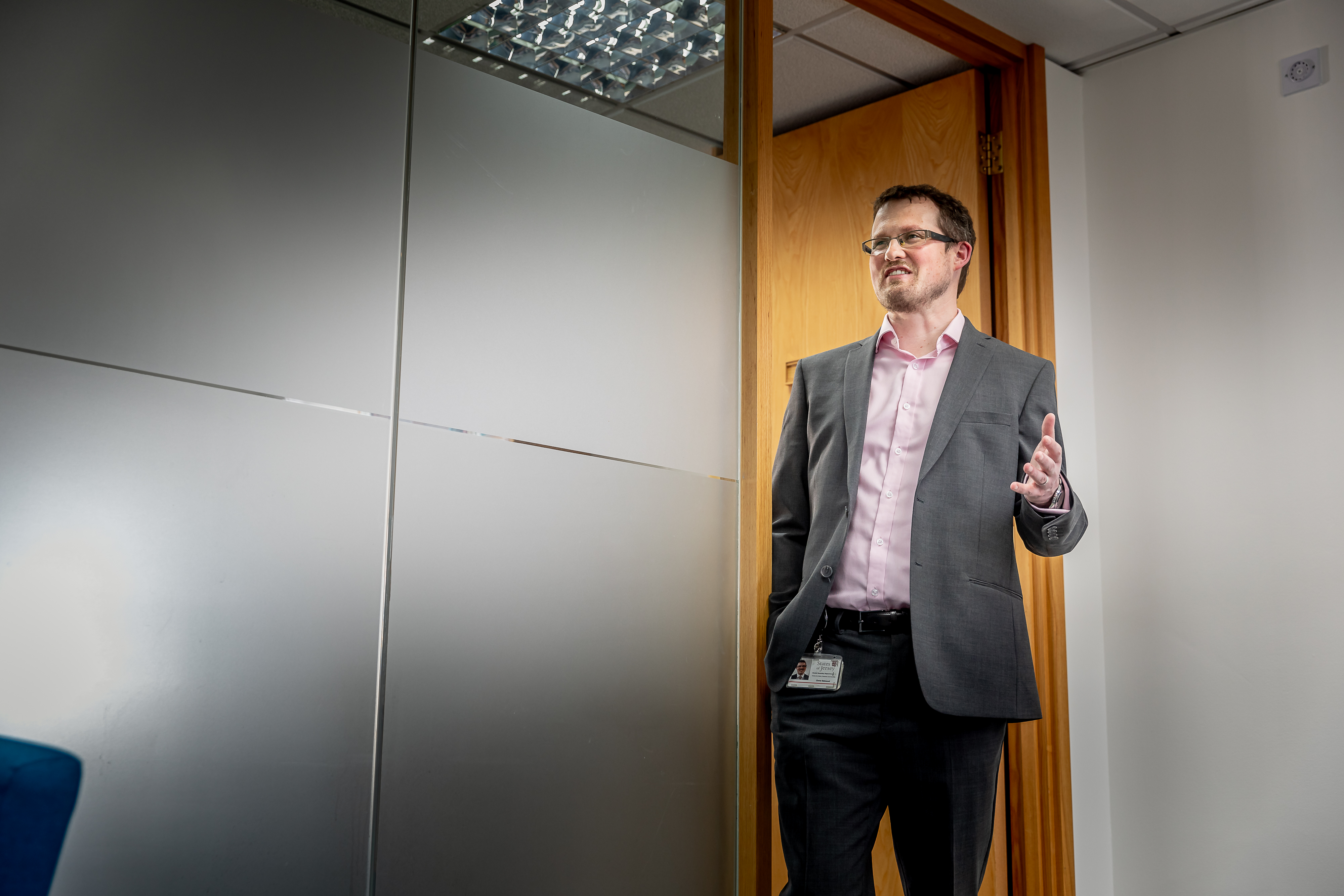
Pictured: "[Workplace health]... is actually a key driver of business productivity."
According to government statistics on Short-Term Incapacity Allowance claims, there was a total of over 500,000 days lost to illness or injury for each of the past three years.
The average period for each claim is around 20 days, but many employees go on to have long-term sickness problems with continuing impairment. We also know that the longer time someone spends out of the workplace, the harder it becomes for them to return to work.
There is also perhaps an even larger issue with ‘presenteeism’ whereby employees are coming to work but not able to work to their full capacity – this becomes a real issue in Jersey where we know productivity has stalled but also the high cost of living puts pressure on people to continue attending work when perhaps they should not – particularly relating to infectious diseases covid has demonstrated the importance of staying home when unwell and not passing infections on to your colleagues.
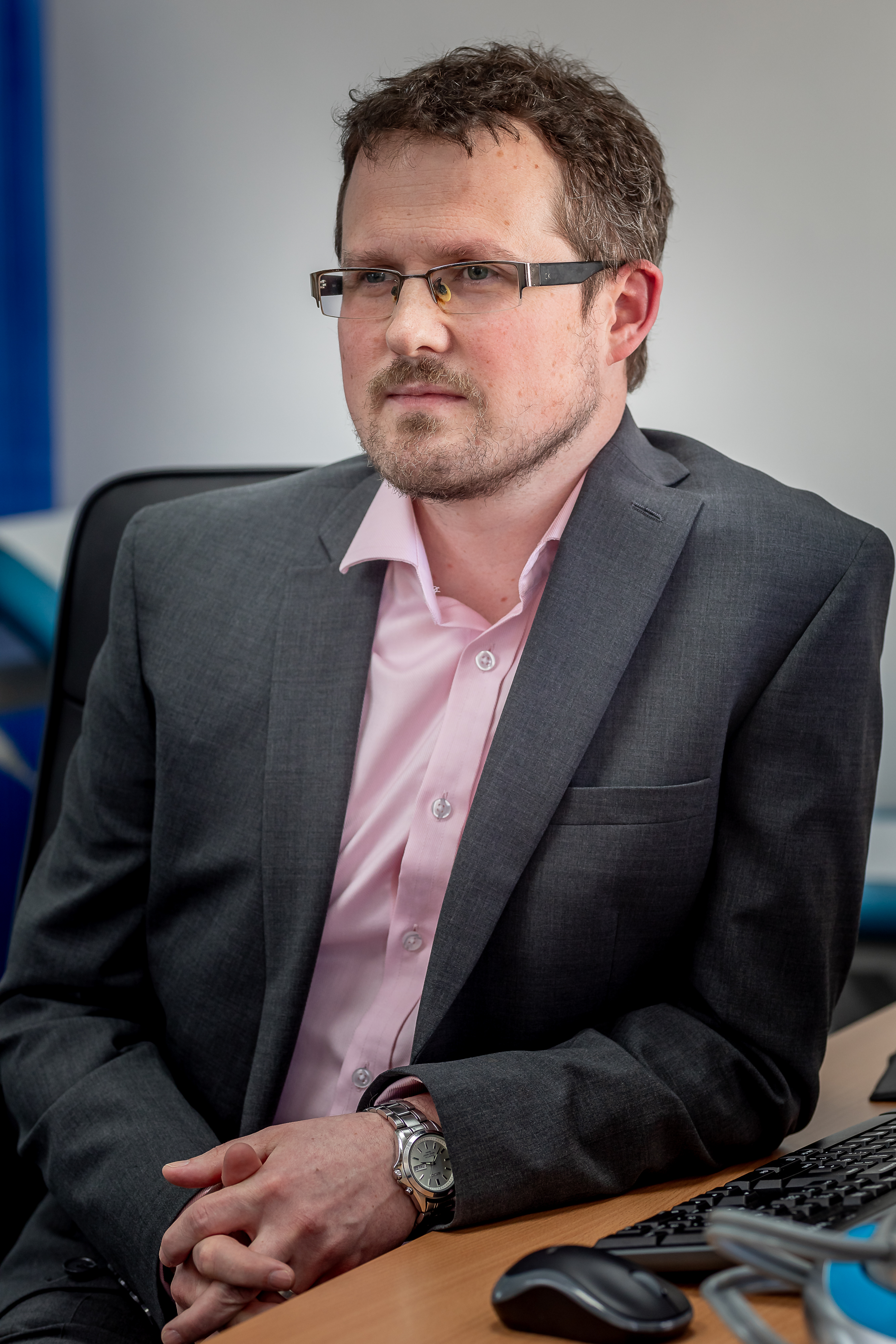
Pictured: "There was a total of over 500,000 days lost to illness or injury or each of the past three years."
Apart from improving productivity, Jersey’s health system is moving towards a preventative, person-centred model of care and employers can be a key enabler of this.
Business has the power to drive important social change, and I am a strong believer in the notion of ‘conscious capitalism’ – that when businesses recognise the impact they can have on all stakeholders – their customers, their employees, their communities as well as their shareholders – they become a powerful force for good.
As we spend so much of our time at work, the workplace and the ways in which we work must encourage and allow healthy behaviours. It is worth remembering that most of the benefit to be gained isn’t in expensive initiatives, but it is found in improving leadership skills throughout business – listening to employees and understanding their circumstances.
It is in giving an employee the flexibility to fit in a walk at lunchtime, in encouraging walking meetings and time outdoors, and in role-modelling healthy work behaviours so employees don’t feel they have to be replying to emails from home late into the evening.
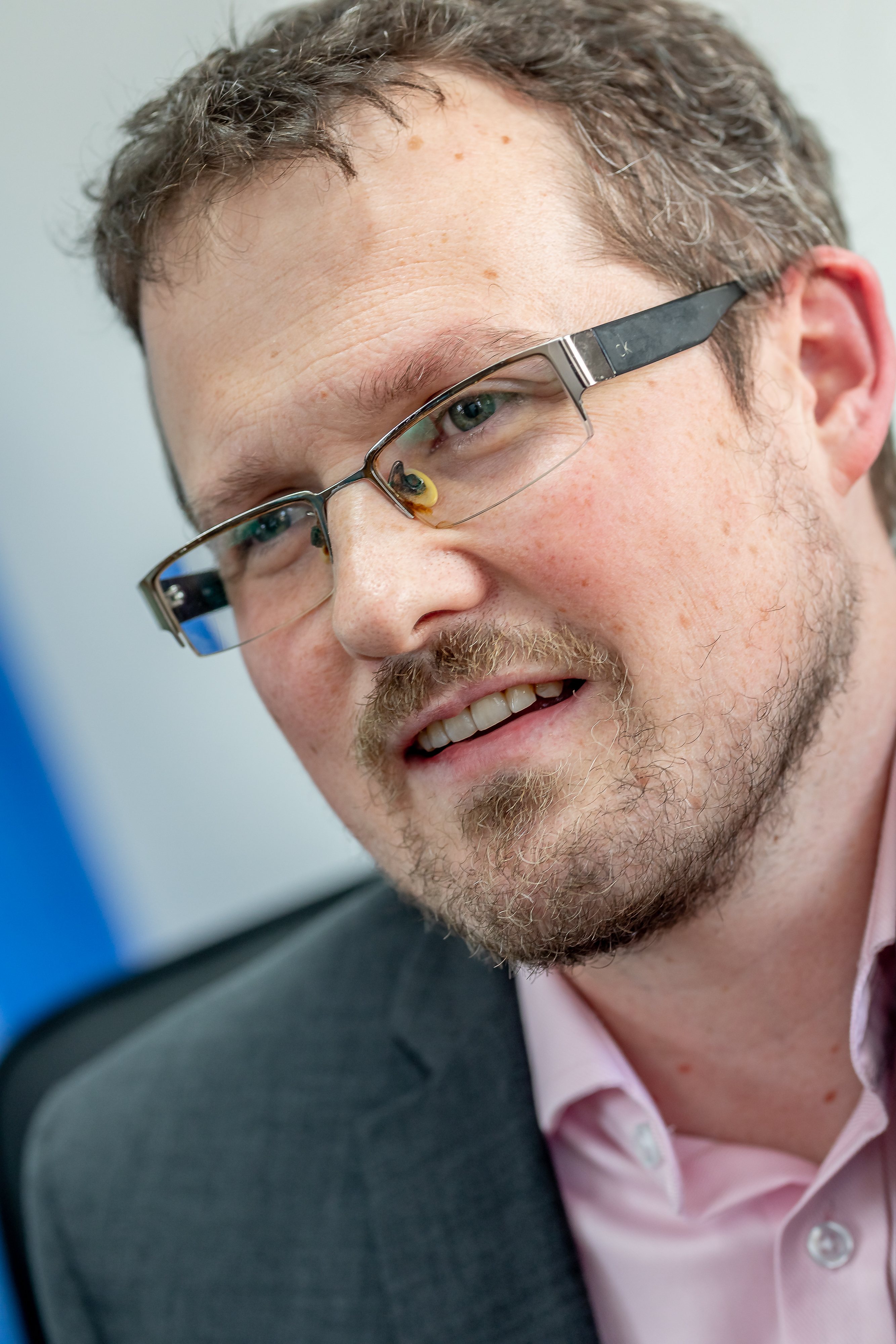
Pictured: "I am a strong believer in the notion of ‘conscious capitalism’ – when businesses recognise the impact they can have on all stakeholders."
And although there is a cost to business in providing wellness activities and health checks, by doing so we can pick up health problems earlier and improve employee health, happiness and productivity. This benefits not only the employee, but their family, the business, the health service, and the island as a whole.
I have seen too many people work themselves into the ground until they have a significant health event such as a heart attack, and their experience and talent can then often be lost to the employer for the longer term. By making a small investment earlier on we can make a massive difference down the line.
Firstly, I don’t think covid has gone away completely as an issue just yet, and we are likely to see significant numbers of people suffering with ‘long covid’ having a variety of symptoms. They may need careful medical assessment, and advice on appropriate return to work plans and workplace adjustments.
Moving on quickly, medical cannabis is a fascinating area in Jersey. We are now over two years on from legalisation of medical use, but it is only in the last six months or so that the availability of prescriptions has rapidly increased – we now have three local GP-led clinics offering assessments and prescriptions and the number of people using medicinal cannabis is in the hundreds, if not thousands, already.
Cannabis is thought to have benefits in many conditions including chronic pain, nausea, depression and anxiety. However, we need to be careful that our workplaces policies and practices keep up with the changes in use – it is likely that many workplaces already have employees using the drug for medicinal purposes.
The main issue with cannabis is that the THC component can cause mental impairment, much like alcohol as well as other prescribed drugs such as opiates and benzodiazepines. In most office-based environments it is recommended to have a clear policy on drug and alcohol use, but cannabis raises many issues – Should they be permitted to use it before work? What should an employer do if using cannabis is causing problems with an employee’s ability to carry out their work?
These questions need to be set against an individual’s rights under the Discrimination Law that may well cover them as a person with a disability, and that the employer should make reasonable adjustments so the employee can continue working.
Is cannabis use in the workplace a reasonable adjustment? All of these issues need to be considered by each workplace, and over time we are likely to see them tested in the Employment and Discrimination Tribunal.
Employees in safety-critical positions will pose a particular difficulty – should a crane-operator, a childcare worker, bus driver or nurse be permitted to use medical cannabis at work? It is an offence to drive whilst ‘impaired’ but the tests for cannabis impairment are currently unclear.
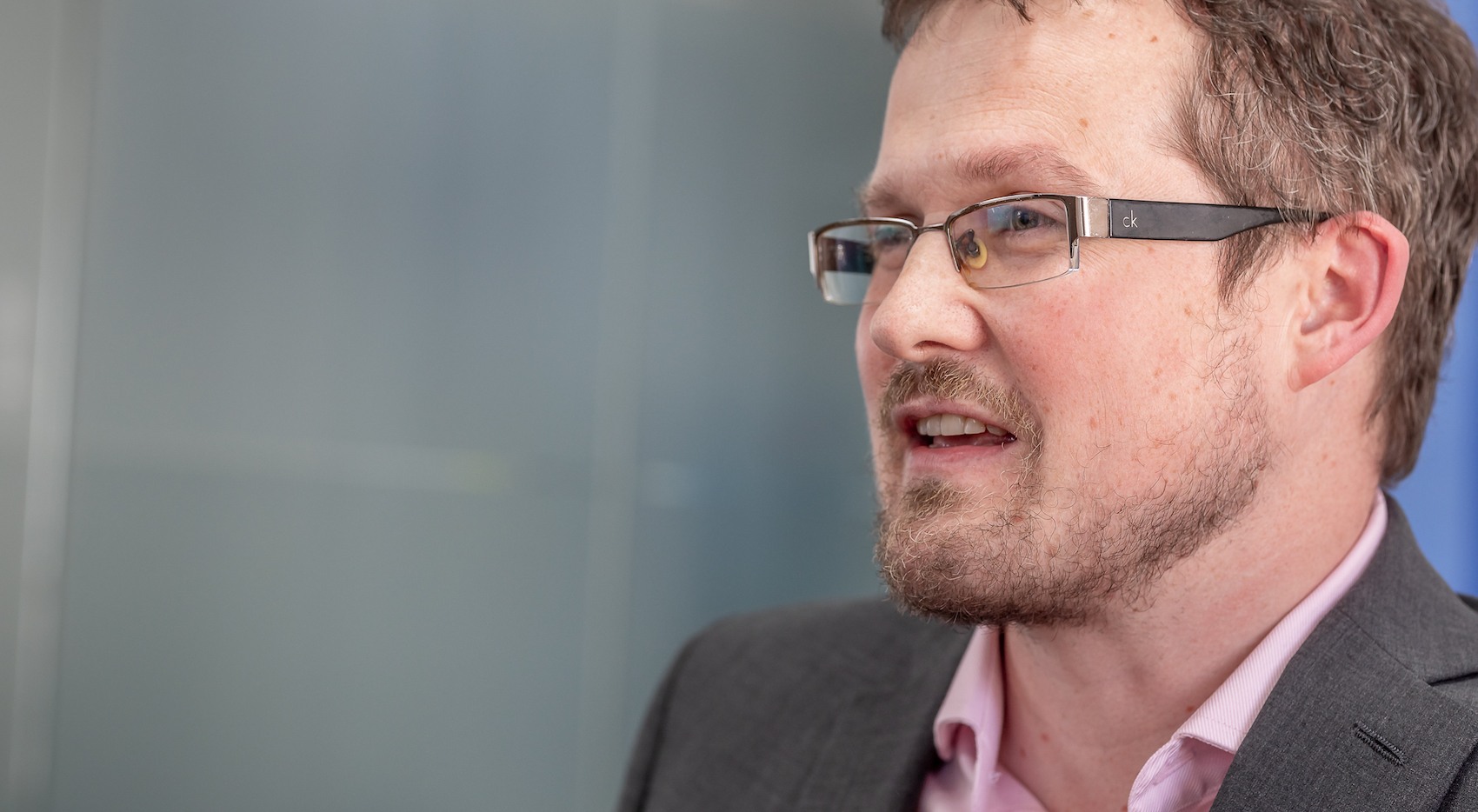
Pictured: "What should an employer do if using cannabis is causing problems with an employee’s ability to carry out their work?"
Finally, I think with a construction boom evident in Jersey both in housing and in Government projects such as the new hospital, the protection of construction workers will be vital. The construction industry faces specific hazards with employees working in noisy, dusty environments often with vibrating tools or chemicals. It is vital that we deliver adequate health and safety provision – including modern tools, PPE, methods of working as well as health surveillance to minimize the risk to employees in this vital sector.
Work-related cancers, hearing loss and lung-disease cause far more harm to more employees in the long term than work-related accidents, but the ‘Health’ side of ‘Health and Safety’ can often be overlooked.
Physical and mental wellbeing are intrinsically linked – you cannot have one without the other and initiatives to improve both are to be welcomed.
However, I actually think leadership, culture, inclusion and communication are far more powerful lenses through which to look at wellbeing in the workplace.
It is demonstrated time and time again that businesses that treat their people as whole, rounded, people with lives both inside and outside the workplace, are more successful in terms of employee health, business health and profitability.
My favourite business author, Bob Chapman (who is CEO of a highly successful US manufacturing business) writes in his book Everybody Matters: "In the end, it is about truly caring for every precious human being whose life we touch. It is about including everybody, not just the fortunate few or the exceptionally talented. It is about living with an abundance mind-set: an abundance of patience, love, hope, and opportunity. Everyone wants to contribute. Trust them. Leaders are everywhere. Find them. Some people are on a mission. Celebrate them. Others wish things were different. Listen to them. Everybody matters. Show them."
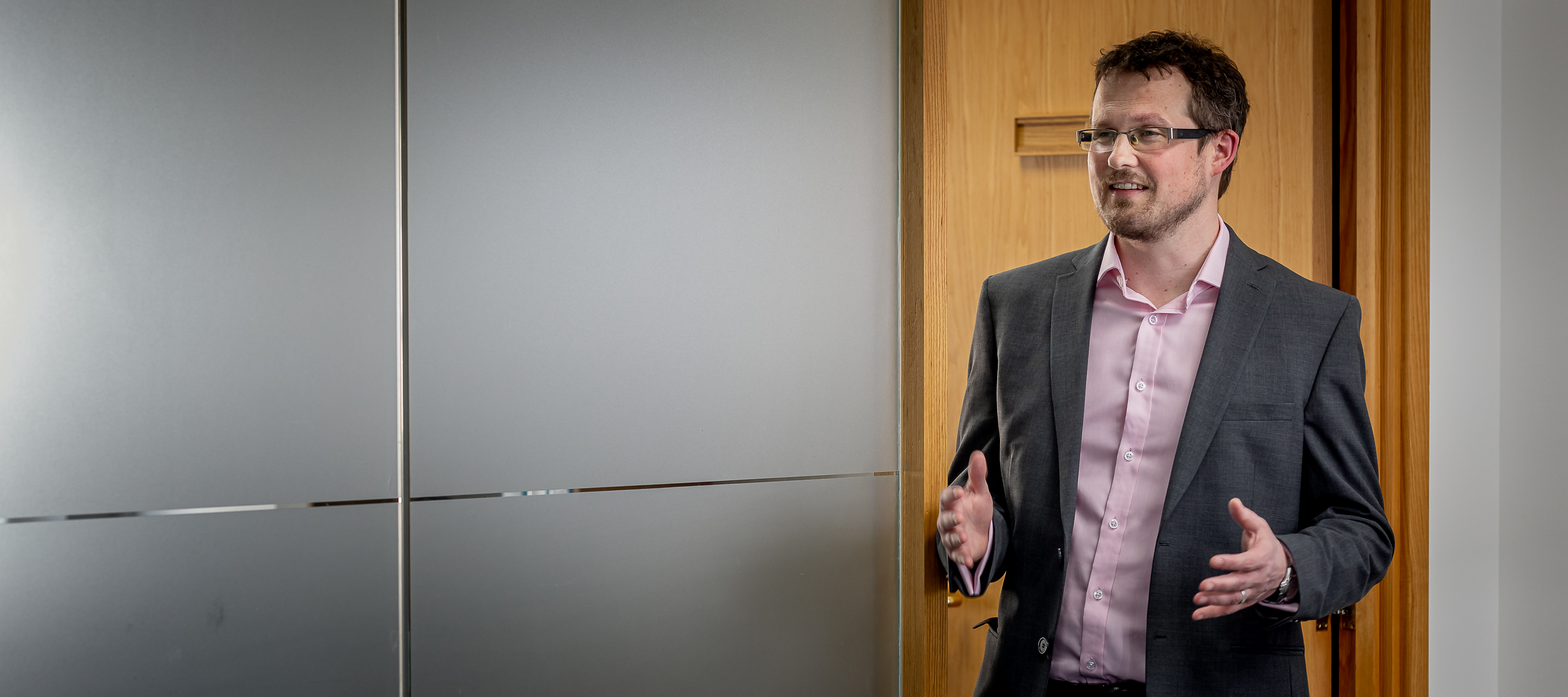
Pictured: "Businesses that treat their people as whole, rounded, people with lives both inside and outside the workplace, are more successful."
I think if business leaders genuinely demonstrate that ‘everybody matters’ - by instilling a culture of caring for, and listening to, employees then we can make a far greater difference than any specific wellbeing initiative.
I actually favour communication skills training for leaders and managers as the number one health and wellbeing initiative I would recommend!
This is a fascinating question. As I have outlined earlier, I think business can be a key force for good in improving the physical, mental, and financial health of the island. Investment in workplace health initiatives, and occupational health services particularly, can offer fantastic returns for businesses, so with vision and careful investment business should be able to reap the rewards.
However, I also recognise that for smaller business in particular the investment required is just not feasible, particularly in the current strained times post-covid. My vision is for workplace health to be seen as a key part of preventative health services more generally, and for employers to be supported by the government and perhaps the third sector to access appropriate services for their employees.
The UK has made attempts previously to widen access to occupational health services, but they have never particularly succeeded.
In many European counties the provision of occupational health services is mandated, much like having Employee Liability Insurance is mandatory here in Jersey.I don’t think going down the route of mandatory provision would work in Jersey, but I do feel that business, government, employees and health service providers need to work together to develop a system that means specialist occupational health services are not only available to the privileged few, but that good work is seen as a key outcome for good health and everyone can access the support they need to stay healthy and to stay in work.
Comments
Comments on this story express the views of the commentator only, not Bailiwick Publishing. We are unable to guarantee the accuracy of any of those comments.